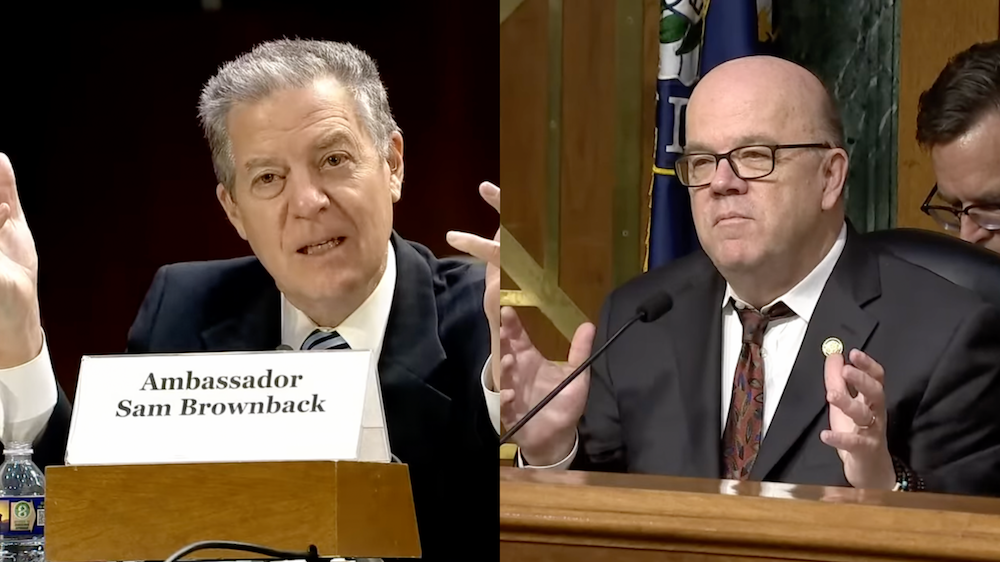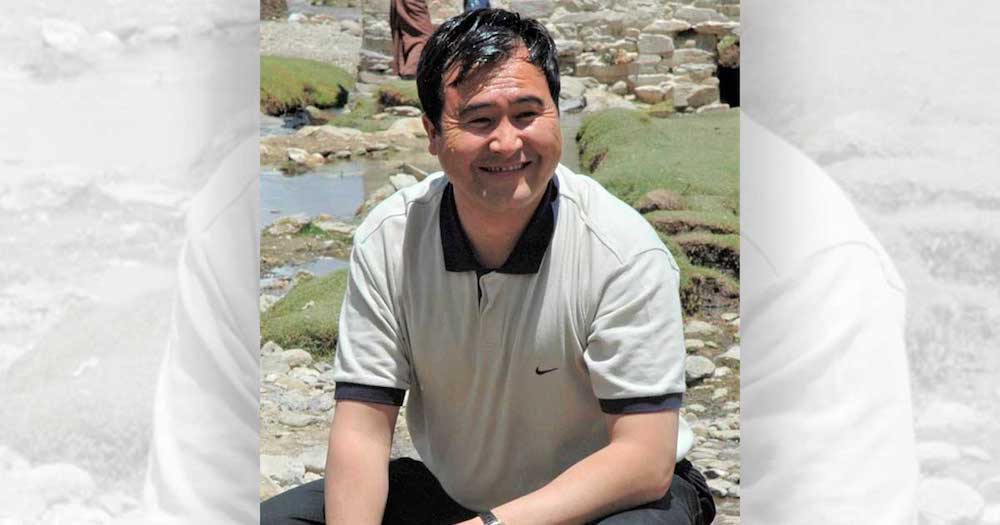Tenzin Nyidon
DHARAMSHALA, July 8: China has lodged a formal protest against India following Prime Minister Narendra Modi’s public birthday greeting to the Tibetan spiritual leader, the 14th Dalai Lama, on the occasion of his 90th birthday. The move has drawn sharp criticism from Beijing, which demanded that India “fully understand” its sensitivities regarding Tibet-related issues.
Chinese Foreign Ministry spokesperson Mao Ning, during a press briefing on Monday, reiterated China’s long standing stance, referring to the Tibetan spiritual leader as a “political exile” who has “long been engaged in separatist activities under the guise of religion.”
Mao insisted that India should recognize the Dalai Lama’s so-called “anti-China separatist nature” and “honour the commitments it has made to China on Xizang-related issues,” using Beijing’s politically charged term for Tibet.
“India should act and speak prudently, and stop using this issue to interfere in China’s internal affairs,” Mao further stated. She confirmed that China has “lodged a formal protest” with the Indian government over the matter.
This is not the first time that Prime Minister Modi has publicly extended birthday wishes to the Dalai Lama, but Beijing’s unusually strong reaction this year is seen by observers as reflective of its growing anxiety over the succession issue and international support for the Tibetan cause, especially with the Dalai Lama turning 90.
The diplomatic protest from Beijing comes amid the participation of several high-ranking Indian dignitaries in the Dalai Lama’s 90th birthday celebrations, including Union Cabinet Minister Ravi Rajan Singh, Union Minister Kiren Rijiju, Arunachal Pradesh Chief Minister Pema Khandu, and Member of Parliament Tapir Gao, who also serves as the co-convenor of the All-Party Indian Parliamentary Forum for Tibet.
Adding to China’s displeasure was a recent statement made by Union Minister Kiren Rijiju on July 3, backing the Dalai Lama’s July 2 declaration that only he and the Tibetan Buddhist community hold the legitimate authority to determine his reincarnation. Rijiju stated unequivocally that the question of the Dalai Lama’s successor rests solely with His Holiness and his institution, the Gaden Phodrang Trust. “No one has the right to interfere or decide who the successor of His Holiness the Dalai Lama will be,” he said.
Reacting sharply, China once again urged India to refrain from what it perceives as interference in its internal affairs. At a media briefing in Beijing, Foreign Ministry spokesperson Mao Ning reiterated Beijing’s position, saying, “China is firmly opposed to any country using the Tibet-related issue to interfere in China’s internal affairs. India should fully recognize the anti-China separatist nature of the 14th Dalai Lama and act prudently to safeguard the overall situation of China-India relations.”










